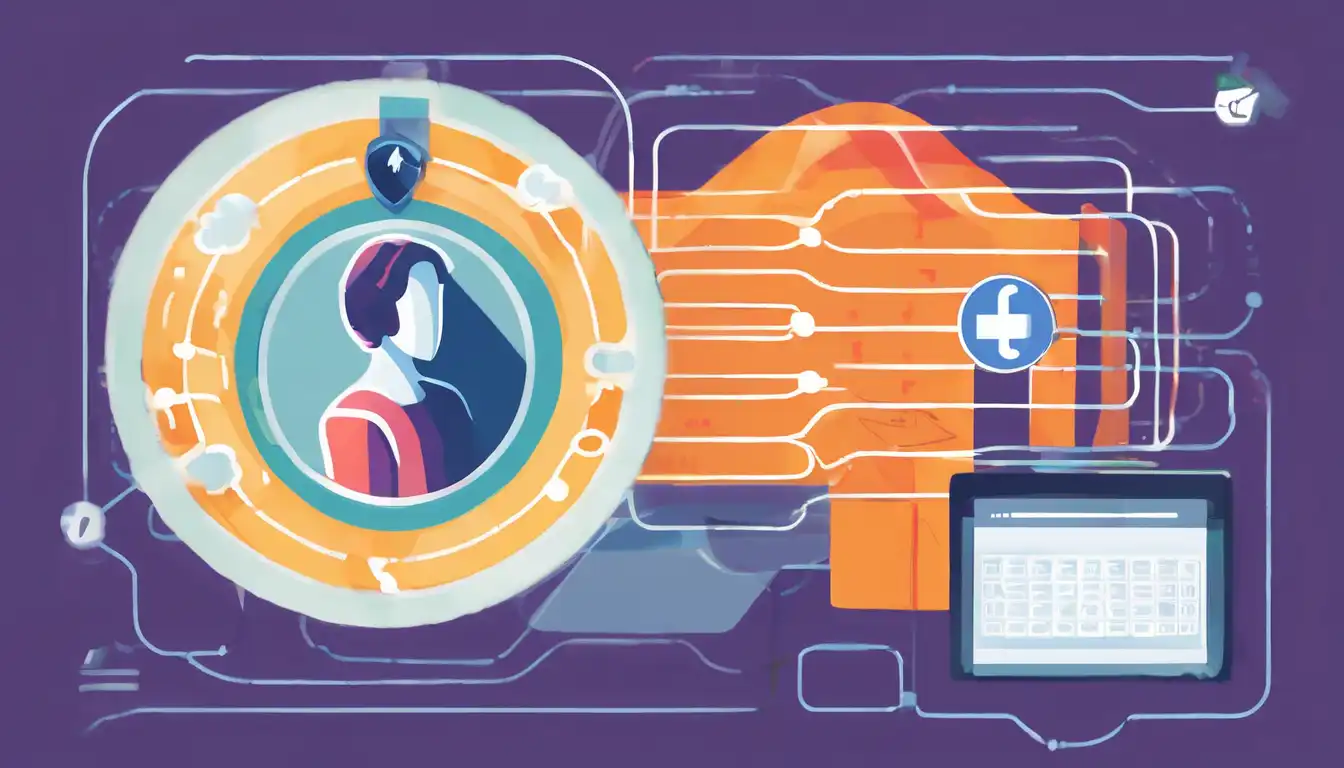Why VPNs Are Crucial for Online Privacy
In today's digital age, protecting your online privacy has never been more important. With cyber threats on the rise, a Virtual Private Network (VPN) serves as a critical tool in safeguarding your internet activity from prying eyes. This guide will explore the ins and outs of VPNs and how they contribute to your online privacy.
What Is a VPN?
A VPN is a service that encrypts your internet connection and hides your IP address, making your online actions virtually untraceable. This not only secures your data from hackers but also allows you to browse the internet anonymously.
How Does a VPN Protect Your Privacy?
By routing your connection through a secure server, a VPN masks your IP address, making it difficult for third parties to track your online activities or steal your personal information. This is especially important when using public Wi-Fi networks, which are notorious for their lack of security.
Choosing the Right VPN for Your Needs
Not all VPNs are created equal. When selecting a VPN, consider factors such as encryption standards, server locations, and privacy policies. Here are some key features to look for:
- Strong Encryption: Look for VPNs that offer AES-256 bit encryption, the gold standard in the industry.
- No-Log Policy: Ensure the VPN provider does not keep logs of your internet activity.
- Global Server Network: A wide range of server locations allows for better speed and access to geo-restricted content.
The Role of VPNs in Bypassing Geo-Restrictions
One of the added benefits of using a VPN is the ability to access content that may be restricted in your region. Whether it's streaming services, news websites, or social media platforms, a VPN can provide you with unrestricted access to the global internet.
Common Misconceptions About VPNs
Despite their growing popularity, there are still many misconceptions about VPNs. Here are a few myths debunked:
- VPNs Are Only for Tech Savvy: Modern VPNs are user-friendly and can be set up in minutes.
- VPNs Slow Down Your Internet: While a VPN may slightly reduce speed due to encryption, premium services offer fast and reliable connections.
- VPNs Are Illegal: In most countries, using a VPN is perfectly legal, though it's important to use them responsibly.
Final Thoughts on VPNs and Online Privacy
In conclusion, a VPN is an essential tool for anyone looking to enhance their online privacy and security. By understanding how VPNs work and what to look for in a service, you can take a significant step towards protecting your digital footprint. Remember, in the realm of online privacy, being proactive is always better than being reactive.
For more insights on internet security, check out our guide on Understanding Encryption and how it plays a pivotal role in protecting your data online.
